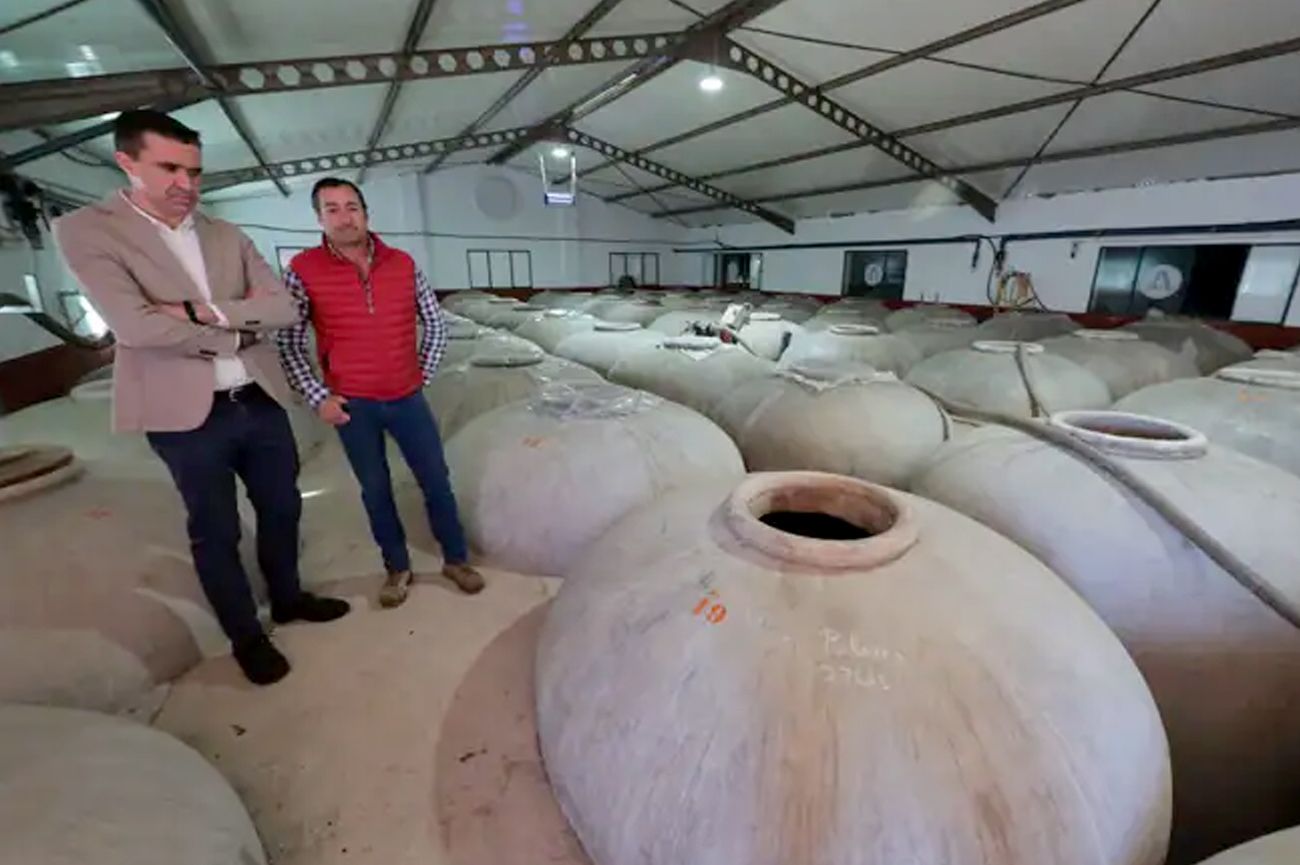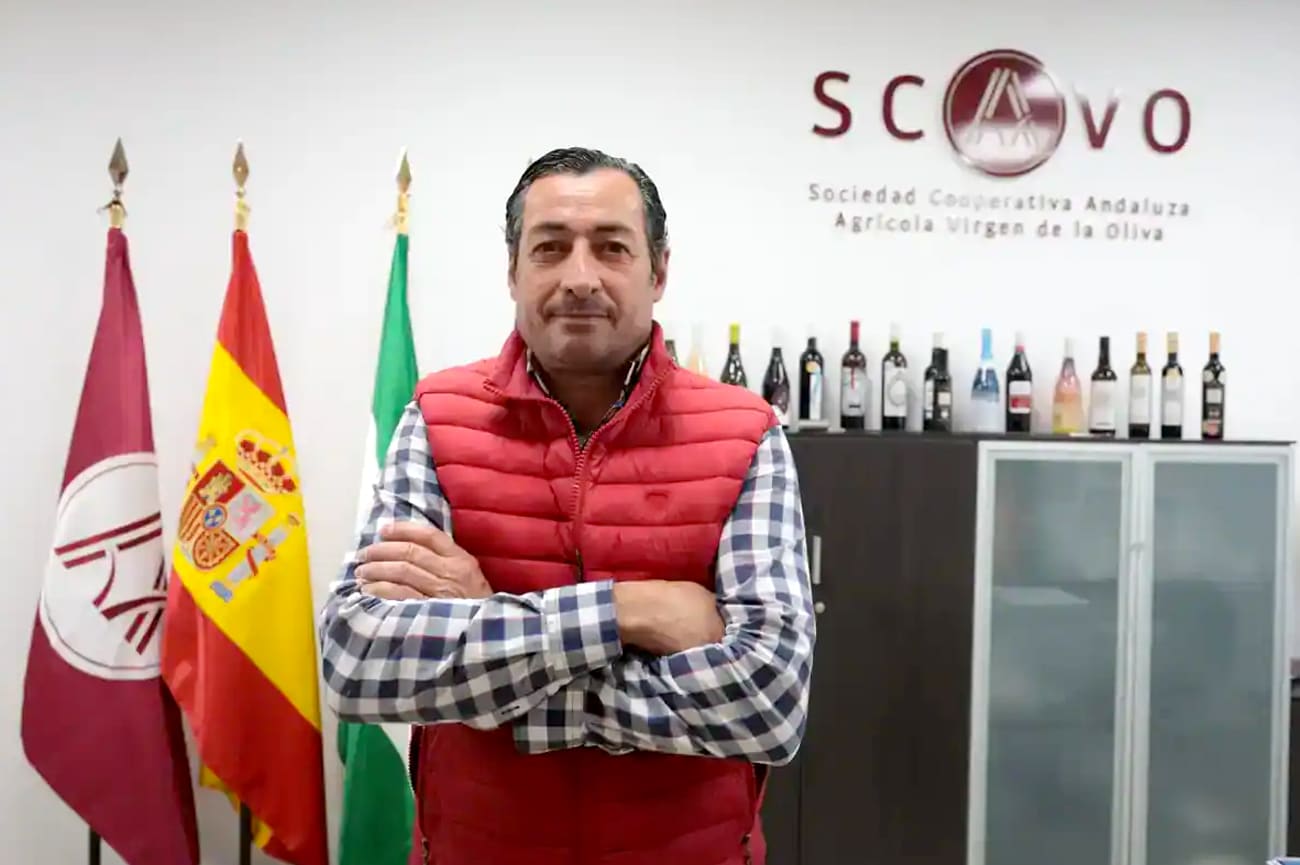Manuel Cebrián, ratified as leader of the Cooperativa Virgen de la Oliva de Mollina
Renews his mandate with the support of the members, aiming to strengthen the agricultural community.
The Virgen de la Oliva Cooperative in Mollina held its electoral process on March 7th to appoint a new board of directors, with nearly a thousand participating members. The continuity in the presidency falls on Manuel Cebrián, who has been reelected for a second term. Since 2020, he has been leading this cooperative and will continue in his role until 2028.
Born in 1973 and native to Mollina, Cebrián is an olive farmer. With a deep understanding of the sector’s needs, he has advocated for agricultural policies that ensure the future of the industry. During his first term, he initiated an ambitious project of improvements in the cooperative, specialized in the production of olive oil and wines destined for European and American markets.

Among the notable initiatives is the modernization of infrastructure, including a bottling plant under the brand Bodegas Carpe Diem, capable of processing still and sparkling wines. Additionally, a maturation warehouse equipped with over 500 barrels has been developed. According to Cebrián, these improvements not only reflect physical progress but also the commitment and dedication that have characterized the cooperative during his tenure.
In an interview with SUR, Manuel Cebrián positively evaluated the election results and expressed his satisfaction at being reelected. He also rejoiced at the support received from the cooperative’s members, who have appreciated his management and granted him a second term. “The election results are a validation of the work done so far,” he stated.
Among the challenges he has set for this new term, Cebrián highlighted the priority of advancing in the creation of an irrigation community, an initiative led by the cooperative that could help address water scarcity issues through the use of treated water.
Currently, the process is underway for the construction of the necessary infrastructure. According to Cebrián, this could mean a increase in production in Mollina of two to three million euros per year. The irrigation community would benefit around 300 local farmers and cover approximately 500 hectares of land.






